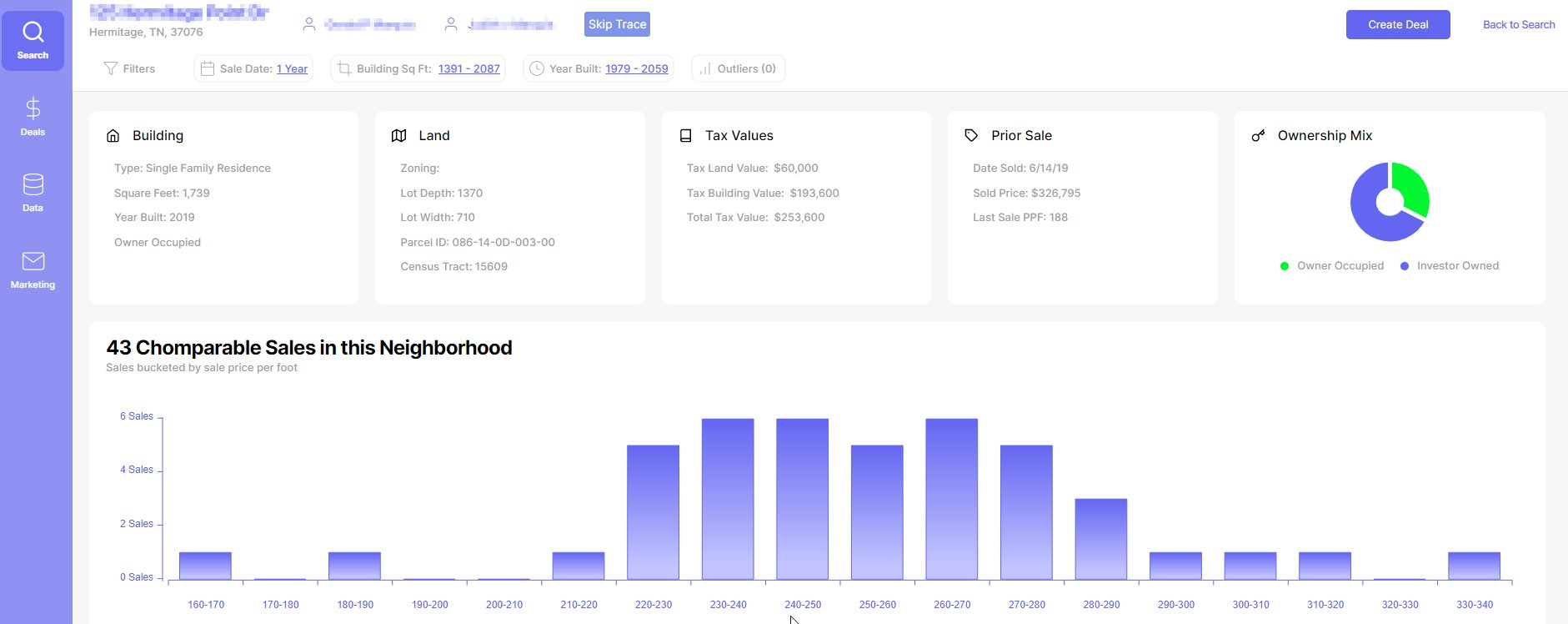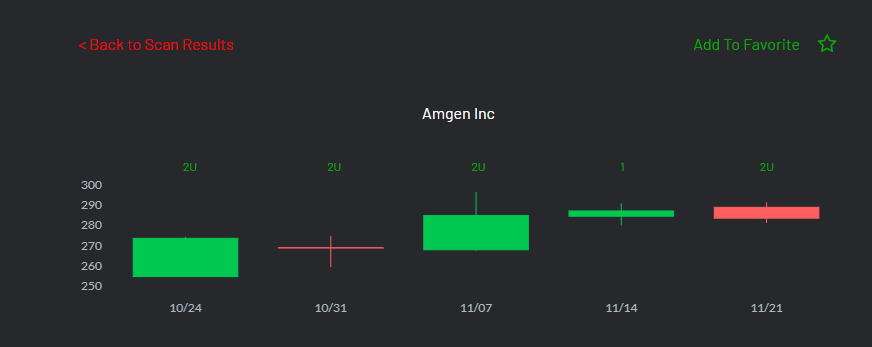How an HR professional became a full-time Bubble developer and YouTuber
Jon Melo spent 10 years working in human resources before an experience wasting $15k hiring a developer to build an app gave him the motivation to learn no-code.
Briefly introduce yourself
I’m Jon Melo and I live with my fiance in NYC. Before I got serious with No/low-code tools, I helped tech companies with their HR practices.
Currently, I’m a freelance app developer and all of my income comes from No/low-code related projects.
Describe your career journey prior to discovering no-code
I dipped in and out of college for years before getting serious - I just wasn’t that interested in anything. Eventually I settled on Industrial/Organizational Psychology (the study of work) - which led to a 10-year career in human resources.
How did you discover no-code?
I had an HR-related startup idea that I shared with my friend Mike, who told me about Bubble. I found it pretty difficult to learn - especially in 2017 when there weren’t as many educational resources as there are now.
Because of the learning curve, I shelved it and hired a traditional developer. I got an app that was coded in Ruby and was very far from what I had asked for. Basically, I paid $15K for something that I couldn’t use. I put 80% of the blame on myself for building without an audience. The dev team deserves 20% the blame for not pushing back on what I was asking for and not communicating progress throughout the build (which was 3 - 4 months).
This was one of the more expensive lessons of my life, but the experience gave me the motivation that I needed to learn the Bubble fundamentals.
If I had to point to one “ah-ha” moment, it would be when I realized that the pain of learning a complex tool like Bubble is small compared to not having control over your project.
What would you say to someone who’s thinking of paying a developer to build their project vs build it with no-code? What are some things they should know beforehand?
In either case it’s important to narrow your scope to the most basic features that demonstrate the problem that you’re solving.
Most first-time founders have very big expectations for what they’re building.
Similarly, a lot of people go the Code route because they think they’ll have to rebuild their app (with code) at scale. The infrastructure for an app with 10K users is different at 1M users. What you learn from your users will also change how you prioritize features.
This is true regardless of whether you do it with Code or No/low-code.
Describe how no-code has changed your career trajectory
No Code gave me the confidence to start working for myself. I always knew that I wanted to start a business but I was never sure of which direction to go in. The power that Bubble gave me was what I needed to make the jump.

What was the point that made you decide to leave your HR career and become a no-code dev? Was it a “jump and see what happens” or did you have a plan worked out? Did you already have freelance clients?
I had a plan - but it wasn’t a good one. I thought that I could monetize my startup idea in 6 months!! It took me 6 months to realize that my startup idea wasn’t solving a problem that people cared about.
After I had run through my savings, I was bartending part-time for income. I built an app to help me remember the drink recipes and when I showed it to a coworker, she was like - “oh…..why aren’t you building apps for people?”.
That’s when I started freelancing. The thought hadn’t crossed my mind before because I didn’t see myself as a professional app developer.

What were the biggest challenges to learning no-code and making the career change?
I really had to treat Bubble like a job. I spent 8 hours a day for about three months building my MVP and learning the fundamentals along the way.
Bubble makes building software easier but that’s like saying the internet makes building a BUSINESS easier. It’s not wrong, but there’s still a ton to learn.
More personally, finding a sense of identity within a new space was challenging. I didn’t love calling myself an HR specialist, but at least I knew what to call myself. It felt weird to introduce myself as a software dev or entrepreneur for a long time.
It was only until I accepted that everyone is just kind of learning as they go and that “what-I-do” isn’t “who-I-am” - that I felt comfortable saying - “I build software”.
What were your biggest lessons learned?
Development is only one component of building a product. The more important piece is to find your audience so that you know that you’re building something useful.
What’s your plan for the next 5 years?
I’d like to be part of a product that gains traction. I’d also like to reach an audience with The RAD Stream so that I can help people avoid the mistakes that I made when getting into software.
What made you decide to start a YouTube channel and would you recommend it to other no-coders? What are the biggest benefits?
I started with Bubble tutorials and realized that I enjoy the energy of live streaming. It’s a slog to find a format that fits your content (I’m still figuring out). I definitely encourage No-coders to find a creative outlet that fits their personality, content type & goals. Youtube is only one avenue.
It does have the effect of building trust with people who don’t know you when they see you putting out content consistently.
What advice would you give to others hoping to change careers the way you did?
You can start small and build big. I don’t regret taking such a leap of faith but I realize that it wasn’t the smartest thing to quit my job to build an untested product. In fact, the stability of a paycheck would have given me MORE freedom to explore whether or not my software idea had legs.
What impact do you think no-code will be having on careers five years from now?
The career path will be more defined in 5 years and it’ll be clearer where “No-Code” fits into the broader tech space.
My hope is that these tools are simply adopted into the larger development stack as the default way of building new software and testing ideas.
For context, when I started freelancing in early 2020, I remember asking the Bubble team (I was in their office) if I could call myself a Bubble Developer on LinkedIn. They looked at me and said “ um, sure - why not?” It made me laugh because it seemed like the first time someone had asked them this.
I also hope we’re not calling this No Code in 5 years - just because we’re not seeing the code, doesn’t mean it’s not there. I prefer “Rapid App Development”.